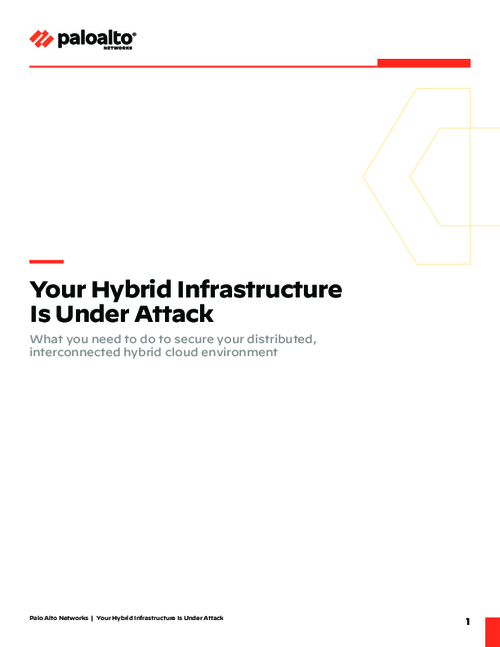Business Continuity Management / Disaster Recovery , Governance & Risk Management
How to Future-Proof the Critical National Infrastructure
Design Cyberattack Resilience Into Technology, Says Professor Prashant PillaiOutages affecting critical national infrastructure sectors, including power, water, telecommunications, banking and healthcare, can have immediate and damaging impacts, says Prashant Pillai, a professor of cybersecurity at the University of Wolverhampton in England.
See Also: Ransomware Response Essential: Fixing Initial Access Vector
But many of these industries rely on technologies that predate the internet, and they will continue to rely on technologies that need to keep working - with as little downtime as possible - for decades, he says. So the challenge is putting in place new technology today that is not only secure, but which can also be resilient to cyberattacks for 10 to 20 years or more.
In a video interview at Information Security Media Group's recent Security Summit: London, Pillai discusses:
- What all the critical national infrastructure encompasses;
- The challenges of securing critical national infrastructure;
- The hope offered by resilient networks and systems with built-in resilience.
Pillai is a professor of cybersecurity at the University of Wolverhampton, where he directs the Wolverhampton Cyber Research Institute. He has taught and researched a number of subjects in the electronic engineering and computer science arenas, including numerous cybersecurity and communication networks domains.























